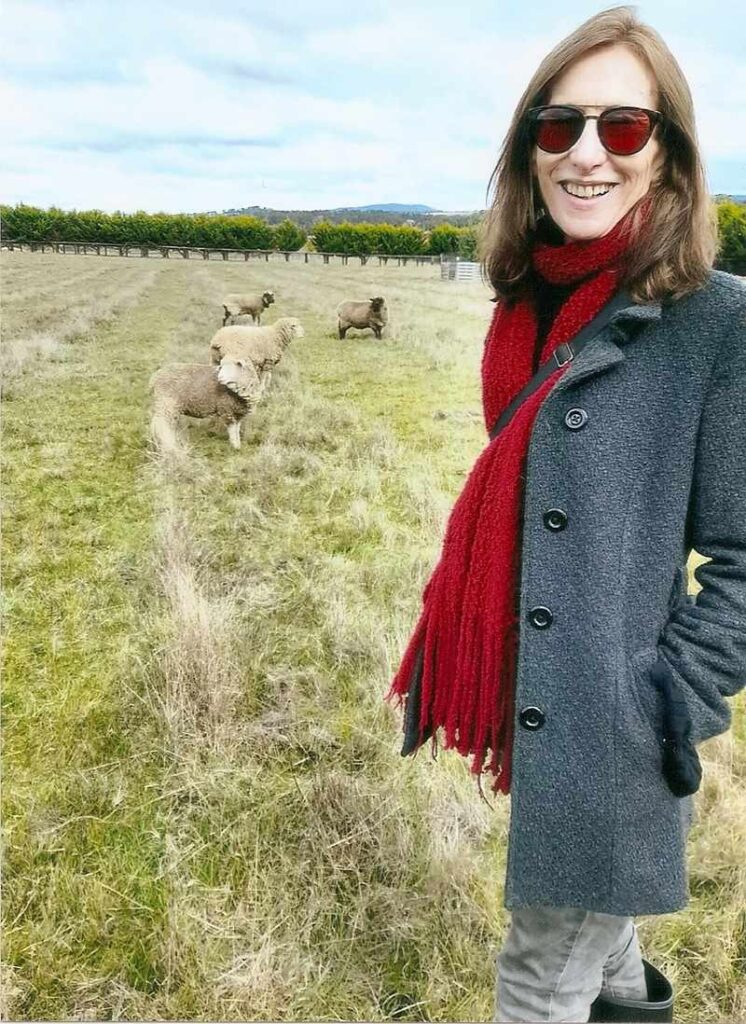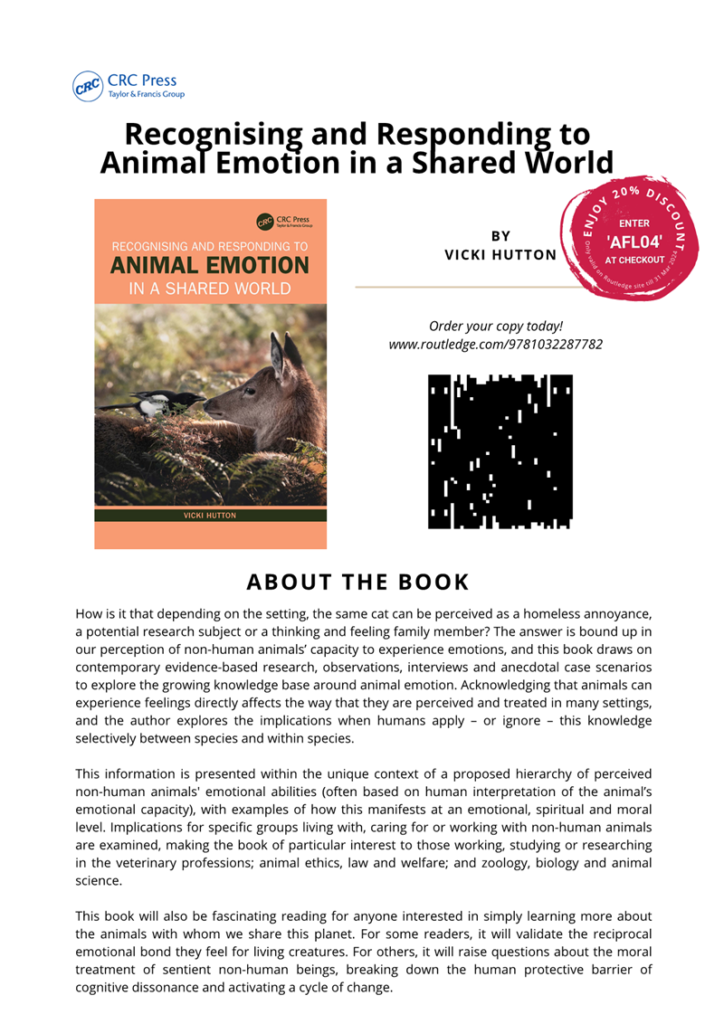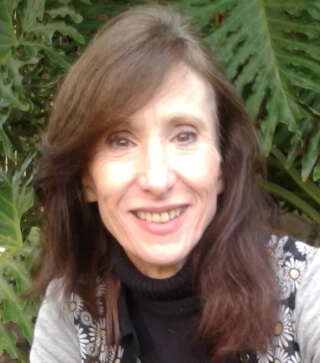
Estimated reading time: 1 minute
As a professor and author specialising in animal studies, Vicki Hutton has dedicated both her professional and personal life to researching the complex emotional worlds of animals.
Vicki is passionate about animal welfare and has observed and written about them for many years. We spoke with Vicki about her new book ‘Recognising and responding to animal emotion in a shared world‘, which highlights the cognitive dissonance that exists between animals in some industries versus companion animals.
Understanding human-animal interactions
And to explore why it is so hard to change human behaviour when it is clear that animals are suffering on a large scale.
For many years professor and author Vicki Hutton has integrated her passion for animal welfare into her work. Having observed, worked with, and written about the topic, she aims to educate people about animal behaviour and, in particular, human-animal interactions.
Her research focuses on the cognitive and emotional capacities of animals. With that knowledge, she hopes to bridge the gap in understanding between humans and non-human species.
Vicki’s latest book, the ‘Recognising and responding to animal emotion in a shared world‘ explores just that.
“I had several reasons to write this book, but they all stem from the same premise,” shares Vicki.
“A strong belief that animals are unique individuals capable of experiencing positive and negative emotions and that this should be recognised and respected.
“I wanted to add another voice to the growing consensus that animals have feelings, she adds.
“By providing contemporary evidence-based research, observations, interviews, and anecdotal case studies.”
Importantly, she hopes to raise awareness that the lives of animals have been irrevocably changed by humans. And to explore why it is so hard to change human behaviour when it is clear that animals are suffering on a large scale.
Selective empathy towards animals
Vicki’s book explores why some animals have privilege over others. Especially when it comes to animals within the same species.
“I started researching and writing about the human-animal relationship many years ago,” says Vicki.
“Everything I found overwhelmingly confirmed the deep love that some people have for specific animals.
“But it failed to explain the mistreatment of animals perceived as commodities to be used and abused.”

Lifelong love for animals
Hutton’s lifelong love for animals is evident in her home filled with rescue animals. Each of her pets has their own story of survival.
It’s Vicki’s personal experiences as well as her research that reinforce her quest to understand the selected empathy that exists.
“Love of animals remains a constant throughout my life,” she says.
“I currently live with a demanding 21-year-old cat and a deaf and blind 20-year-old cat.
“(also) a very large and gentle male tabby cat who is ruled by the two old ladies, and a small 16-year old terrier with dementia.”
Hutton says it’s this intimate connection with animals that fuels her exploration into the human-animal relationship.
Animals and emotions
Vicki’s book addresses the cognitive dissonance in how people relate to animals in various industries versus their companion animals.
All her research confirms that all animals have feelings and that they can experience emotions and pain.
And, she says, she has the support of the Cambridge Declaration on Consciousness. Highlighting her call for people to reevaluate their understanding of animal emotions.
The Cambridge Declaration on Consciousness was signed by a prominent group of scientists in 2012, affirming that humans are not unique in possessing the brain complex enough to support consiouc experiences.
Vicki’s research reaffirms the capacity for emotion across the animal kingdom, challenging the idea that humans are unique in this regard.
“Different animals may not feel things in exactly the same way that humans do,” she says.
“But a significant number of nonhuman animals can feel what is happening to them.
“And experience positive and negative states, such as fear, play, anger, irritation, love, sadness, and grief.”

Need for increased understanding of emotions in animals viewed as commodities
Vicki’s passion extends to influencing the treatment of animals within various industries.
“I also wanted to look at the forgotten animals,” she adds.
“The reptiles, amphibians, fish and invertebrates; whose feelings are often overlooked through unfamiliarity.”
“I found research about bees displaying distinct personalities, turtles playfully batting around a ball,” shares Vicki.
“Mother octopuses who stop eating while devoting all their time to looking after their eggs, and crocodiles who help their babies to hatch, carry them in their mouths to water, then lurk nearby in case their babies call for help.
“All behaviours are reminiscent of mother cows, or sheep, or humans.”
Vicki says that as a society we are increasingly learning about the feelings and emotions of a range of species. And, she adds, we are realising that it is not just our much loved and more familiar companion animals who deserve our empathy.
“All these behaviours should make us think twice before discounting the ability of all animals to feel.
“Acknowledging that these animals have negative feelings when experiencing the human-inflicted separation, premature deaths and suffering.
“(This) creates cognitive dissonance, where a person does all they can to justify, rationalise or ignore these unpleasant feelings,” Hutton stresses.
Changing perspectives
Vicki hopes her book will support those who already work closely with animals. As well as reach those yet to acknowledge the impact of human activities on animals.
“Animals exist not only as a species that must be managed, protected, utilised or abused,” says Vicki.
“But also, as unique individuals whose lives matter.
“The book adds to the growing body of support for animal emotional capacity and the moral implications when this is ignored.”
Ultimately, Vicki hopes her book encourages a more attentive and respectful human-animal relationships.
“We’ll never know for sure what an animal is feeling but that shouldn’t stop us looking for clues.”












